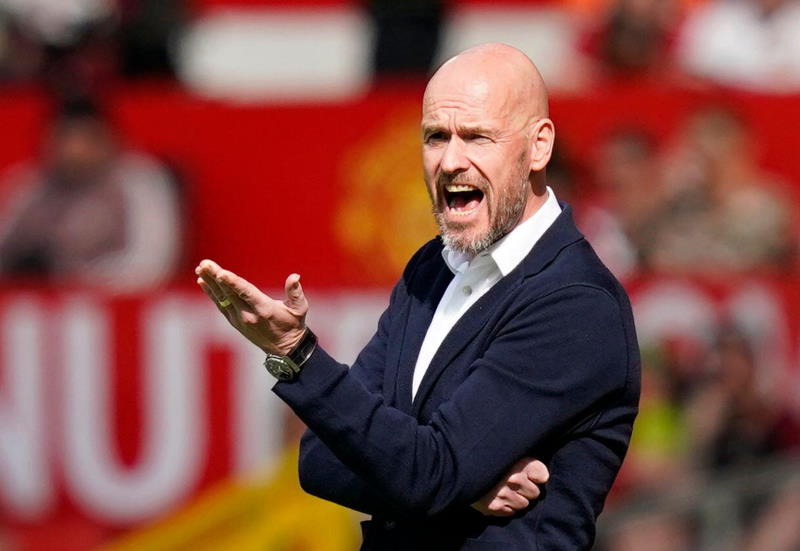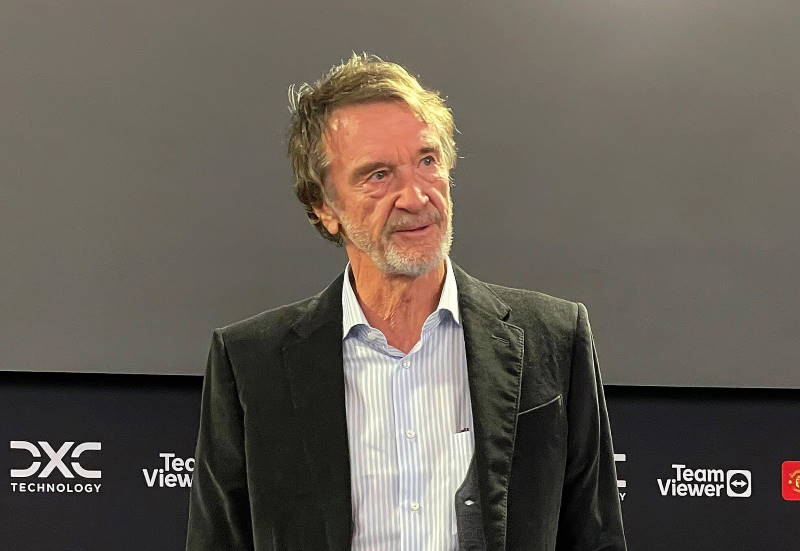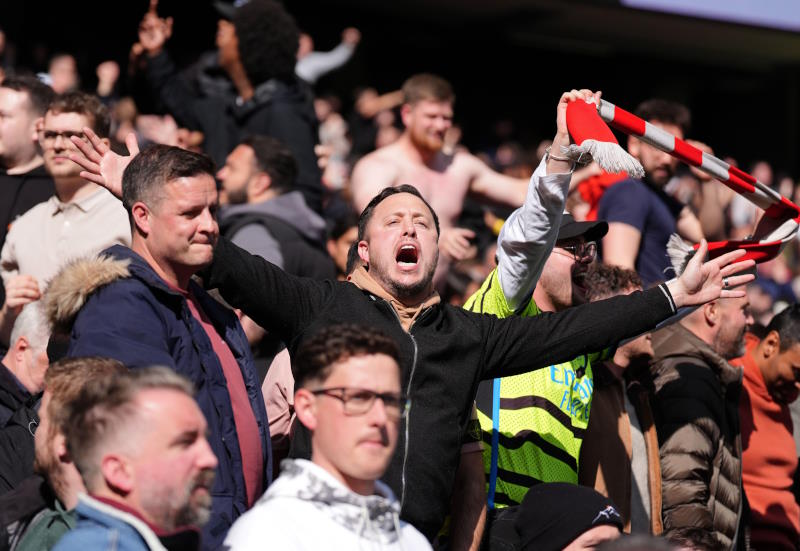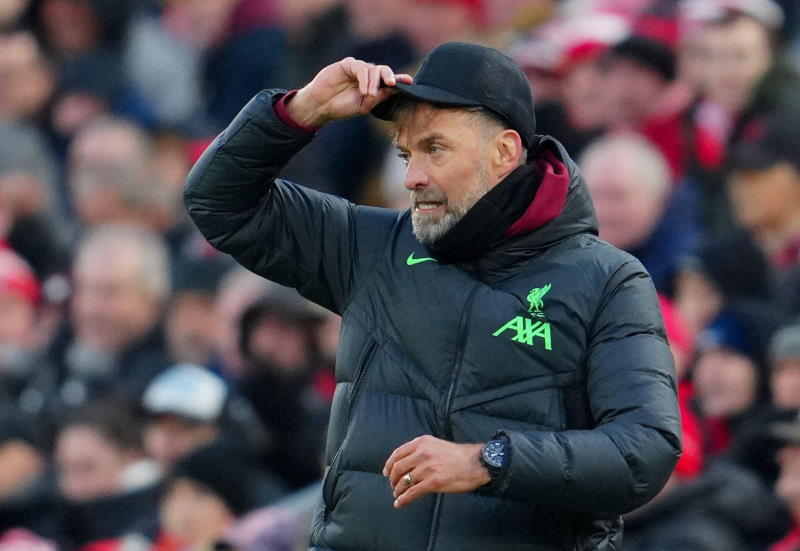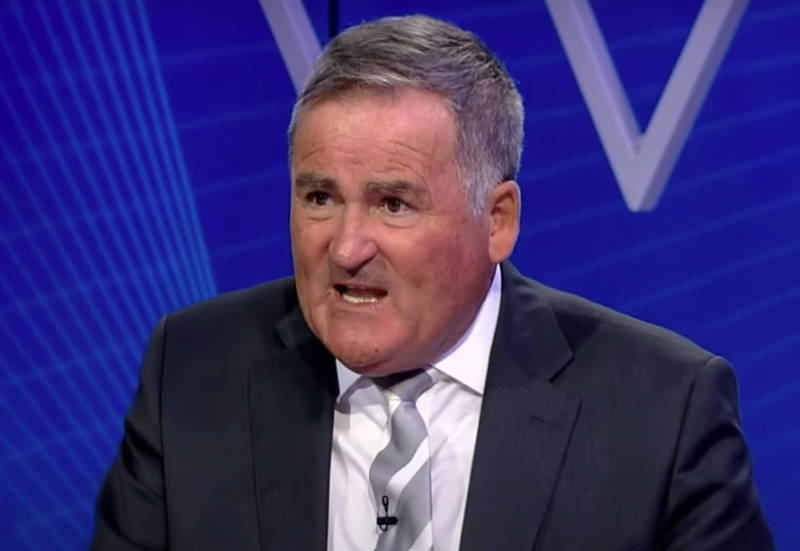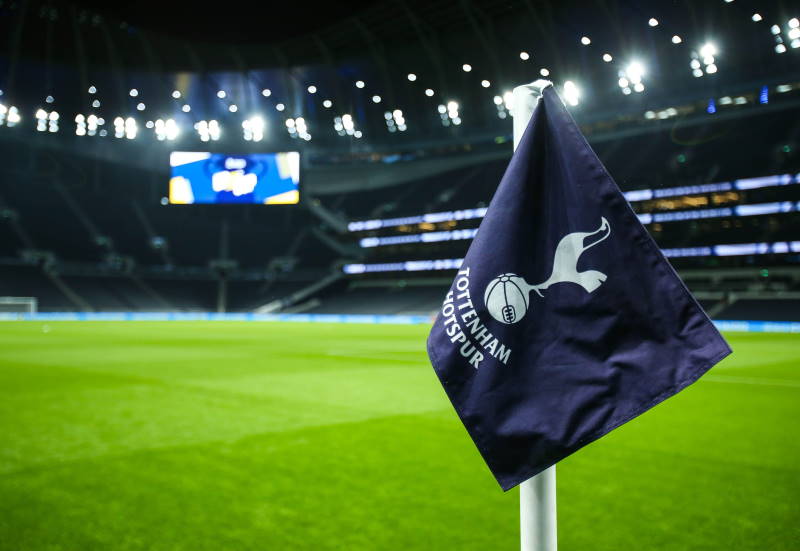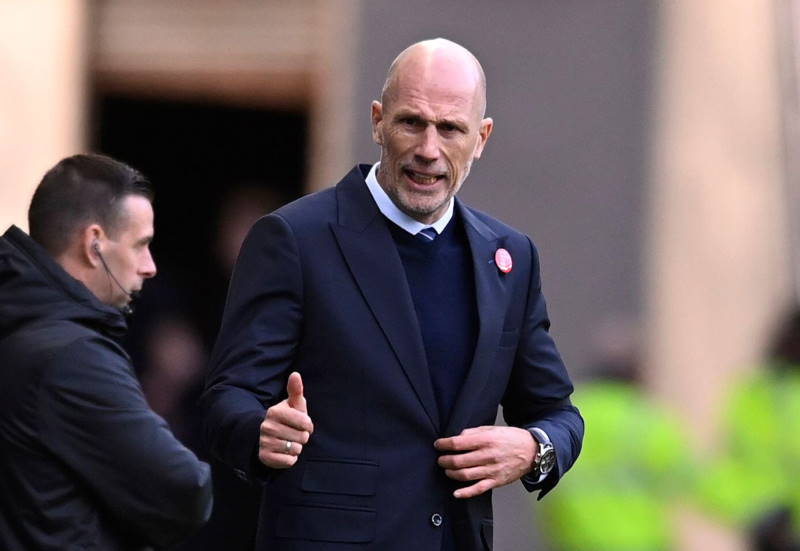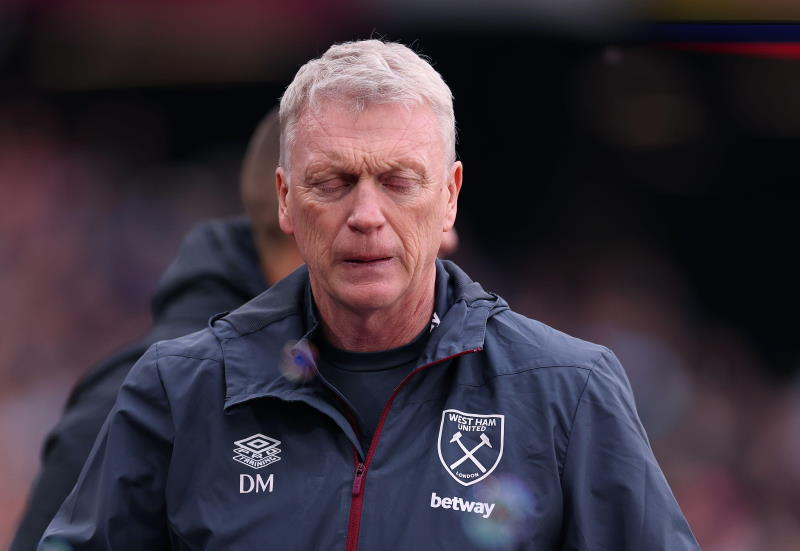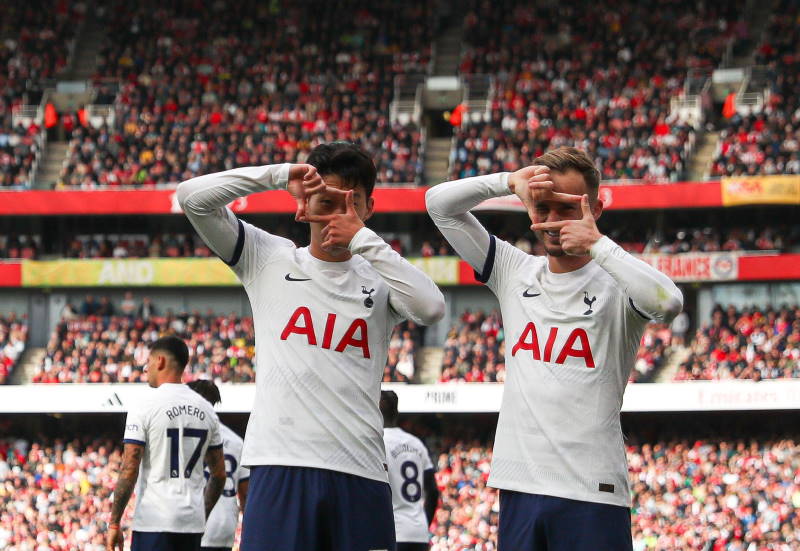
Phillip Buckley
FIFA’s decision to ban Chelsea from transfer activity for 12 months for their signing of French youngster Gael Kakuta should be welcomed, at least for the fact it sends a message that no matter how rich a club is, or how illustrious its history, the rules of the game must be obeyed. Make no mistake, Sepp Blatter has acted in perhaps the strongest possible way: A transfer ban is infinitely more unpalatable at Stamford Bridge than a fine which owner Roman Abramovich could pay off from the loose change in his pocket.
The player who the entire situation revolves around, Gael Kakuta, got the football bug at the age of seven and impressed almost from the off. Lens were happy to have such a highly regarded youngster, and his youth coach at the French club Joachim Marx knew the talent he had on his hands."The easiest way to describe him is a phenomenon," said Marx. Why Chelsea should want Kakuta is clear, but it is also clear they broke the rules to get the player. Perhaps the "phenomenon" was just too tempting.
The rule book is there for a reason, in fact, for some, most notably UEFA president Michel Platini, it still doesn’t go far enough, particularly with regard to the movement of young players. But in this case Kakuta’s age has nothing to do with why Chelsea have been sanctioned. What the Stamford Bridge club have been found to have done is to induce Kokuta to break an existing contract with Lens. Chelsea will have known the letter of the law and the penalty they would be likely to incur by signing the French youngster: It is spelt out in black and white in the FIFA rulebook. "It shall be presumed unless established to the contrary, that any club signing a professional who has terminated his contract without just cause has induced that professional to commit a breach. The club shall be banned from registering any new players, either nationally or internationally, for two registration periods".
Chelsea are not the first club to be penalised for inducing a player to break his contract, and in a cut throat football world where even 10-year-olds are courted by a stream of top clubs are unlikely to be the last. In 2005, Italian giants Roma faced the same punishment for their signing of defender Philippe Mexes. The Serie A club took their case to the Court of Arbitration for Sport (as Chelsea are expected to do) and had their transfer ban cut to a single window. Swiss side Sion are in the process of appealing against, as Chelsea, a 12 month transfer ban. Their case is waiting to be resolved, and as it is their ban has been frozen.
What Chelsea will and should pay for is encouraging Kakuta to break his contract. Kakuta signed the deal willingly and then walked away. This is reflected in the financial part of the penalty, as of the €780,000 fine dished out by FIFA, only €130,000 of it will be paid by Chelsea.
Given Kakuta’s age upon moving to Chelsea it is not surprising this aspect of the case has garnered attention. Yet this is very different from well known examples of youngsters seeking riches elsewhere that they are not yet entitled to in their homeland, the most famous of which are probably Cesc Fabregas and Federico Macheda. Both Fabregas and Macheda were unable to sign a professional contract in Spain or Italy before turning 18. In England the threshold is just 17, but in France, Kakuta’s birthplace, the age is even lower, at 16.
Despite the lower age limit in France, it is French clubs reduced financial means that encourage predators from richer leagues to comb the country. It seems that Qatari scouts in particular have taken up residence in Paris, much to chagrin of the French Football Association.
There is no doubt the age of players moving from country to country should be looked at, and Platini seems keen to take some sort of action, recently commenting, "It is necessary to make rules in the transfer market of young players. I say this not because of Chelsea or another team is involved, but the illegal traffic of young players has to be stopped".
With the relationship between FIFA and UEFA at its warmest for decades, there is a real chance of co-ordinated action from the two organisations. Under the previous leadership of Lennart Johansson, any move made by Sepp Blatter would be treated with suspicion, the atmosphere between the two remaining frosty following Johansson’s lost bid against Blatter for the FIFA presidency. But Platini and Blatter are close friends and both yearn to clip the wings of club sides that have, in their view, grown too powerful.
FIFA and UEFA though must tread carefully. Recently there has been talk of banning young players from moving between clubs until they are at least 18. This would be foolish, not to mention opposed strongly by the EU as a restraint of trade. It is essential a player retains the right to play where he wishes, though at the same time it is a laudable goal to prevent European giants cherry-picking youngsters from across the globe. Much the better course of action would be, with agreement from all federations within Europe, to prevent any player under 18 from leaving one federation’s jurisdiction and entering another’s. Whilst this would not solve the problem of larger clubs raiding smaller ones (nothing can ever do that, or should, it is the natural order of the game) it would allow the clubs of the country which has raised the player to get some benefit from them, whether it be on pitch, or from a transfer fee.
FIFA have been right to take action against Chelsea. In this case the Stamford Bridge club appear to have acted without any regard for the rules of the game. Even if their penalty will probably be reduced on appeal FIFA’s move is still a powerful warning shot across Roman Abramovich’s latest luxury yacht. A strong and powerful FIFA and UEFA is what every fan should want, lest the future of the game be decided by the faceless accountants and business development directors staffing Europe’s giants.
Latest Articles:

